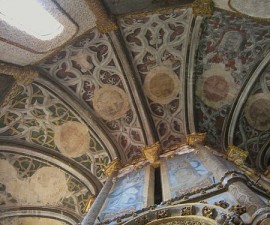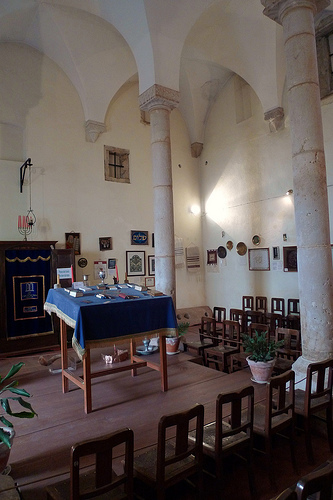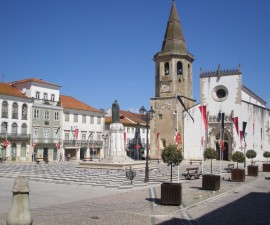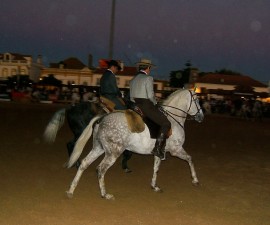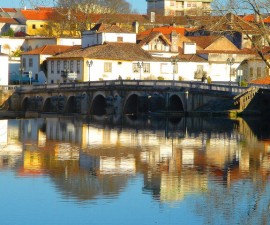According to early documentation, Tomar had a Jewish settlement as far back as the beginning of the 14th Century. The synagogue was originally built in the 15th Century, sometime between 1430 and 1460 when the local Jewish community came to prominence. It was situated in the heart of what was then the Judearia, or Jewish Quarter, in the area that is now located between the present day streets of Rua Direita dos Açougues and Rua dos Moinhos.
The Synagogue of Tomar has had many uses throughout its 500-year history. It was in use as a place of worship for the Jewish community until shortly after King Manuel I issued his edict of 1496 forcing the Jews to leave Portugal or convert to Christianity. The building was sold privately and subsequently turned into a prison serving Tomar and the local Ribatejo region and remained in this role until the middle years of the 16th Century before going on to be used as a Christian Chapel in the early 17th Century. It is unclear what role the building played for the next one hundred and fifty years, but by the late 19th Century it was being used as a hay-loft and in the early 20th as a grocery warehouse. It was finally recognized as a national monument in 1921 and was restored by Samuel Schwarz who purchased the building in 1923.
Schwarz undertook the cleaning and excavation of the Synagogue of Tomar at his own expense and the building was eventually converted into a museum in 1939.
Despite its unprepossessing façade, Tomar’s synagogue boasts some interesting architectural features. The ceiling of the main rectangular prayer room is supported by four pillars with twelve pointed arches in the Moorish style that was popular in the Iberian countries during the Middle Ages. Each pillar symbolised the four mothers of Israel while the twelve arches are thought to represent Israel’s twelve tribes. The four upper corners contain clay jars set upside down within the walls, an interesting feature discovered in the Middle Ages to improve acoustics.
The Synagogue of Tomar is home to the Museum Luso-Hebraico Abraham Zacuto where exhibits include a large selection of gravestones as well as stone carvings, ceramics and other artefacts describing Jewish customs. These have been donated by individuals and Jewish instittutions from various parts of the world. Located on Rua Dr. Joaquim Jacinto, the synagogue is worth a visit for an insight into the Jewish way of life and the history of the Jewish community in Portugal.
